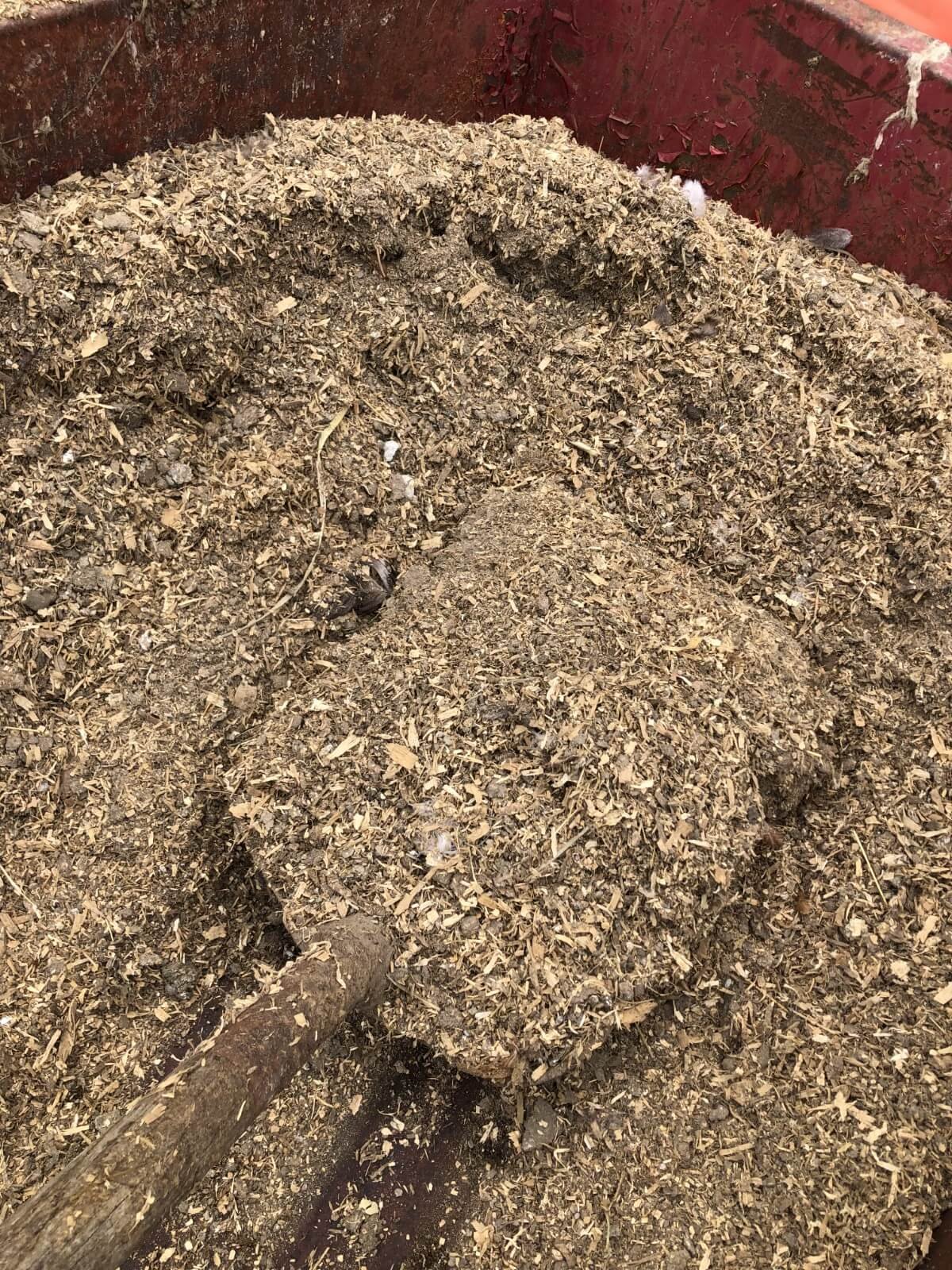Delve into the world of Chicken Manure Pellets with our ultimate guide, offering a comprehensive exploration of their benefits, application methods and best practices. From understanding the nutrient-rich properties to learning how to effectively use them in gardening and agriculture, this article provides valuable insights and practical guidance for a diverse readership seeking in-depth knowledge on this organic fertilizer option.
Understanding Chicken Manure Pellets

Chicken manure pellets also known as pelletized chicken manure, are a popular organic fertilizer option that is derived from poultry manure. These pellets are a convenient and nutrient-rich alternative to traditional raw manure, offering a range of benefits for soil health and plant growth. In this section, we will delve into the nutrient content and the organic nature of chicken manure pellets.
Nutrient Content of Chicken Manure Pellets
Chicken manure pellets are rich in essential nutrients such as nitrogen, phosphorus and potassium, making them an excellent choice for improving soil fertility. Additionally, they contain valuable micronutrients like calcium, magnesium, and sulfur, which are vital for plant development. The nutrient composition of chicken manure pellets can vary depending on factors such as the diet of the chickens and the composting process used to create the pellets.
Organic and Sustainable Nature of Chicken Manure Pellets
One of the key advantages of using chicken manure pellets is their organic and sustainable nature. As a byproduct of poultry farming, these pellets offer a natural and environmentally friendly fertilizer option. When sourced from reputable suppliers who adhere to proper composting and processing methods, chicken manure pellets can contribute to the overall sustainability of agricultural practices.
Benefits of Chicken Manure Pellets

The use of chicken manure pellets offers a multitude of benefits for both gardening and agriculture. Let’s explore some of the key advantages of incorporating these pellets into soil management practices.
Improved Soil Fertility and Structure
The nutrient-rich composition of chicken manure pellets provides a significant boost to soil fertility. By adding organic matter and essential nutrients to the soil, these pellets can enhance its structure, moisture retention, and overall nutrient content. This, in turn, creates a more favorable environment for plant root development and microbial activity.
Enhanced Plant Growth and Yield
When used as a fertilizer, chicken manure pellets promote robust plant growth and increased yield. The balanced release of nutrients from the pellets supports healthy plant development, leading to improved crop quality and quantity. Additionally, the organic nature of the pellets contributes to long-term soil health, ensuring sustainable productivity over successive growing seasons.
Environmentally Friendly and Cost-Effective Fertilizer Option
In comparison to synthetic fertilizers, chicken manure pellets offer an environmentally friendly alternative that reduces the reliance on chemical inputs. Furthermore, the cost-effectiveness of these pellets makes them an attractive choice for both small-scale and large-scale agricultural operations. Their ability to improve soil fertility and support healthy plant growth makes them a valuable investment for sustainable farming practices.
Application Methods for Chicken Manure Pellets

The application of chicken manure pellets can vary depending on the specific requirements of gardening or agricultural activities. Understanding the best practices for incorporating these pellets into soil is essential for maximizing their benefits.
Incorporating Chicken Manure Pellets into Garden Soil
For gardening purposes, chicken manure pellets can be applied by mixing them thoroughly into the soil before planting. This allows for the gradual release of nutrients as the pellets break down, providing a steady supply of nourishment for growing plants. It is important to follow recommended application rates to avoid over-fertilization and potential nutrient imbalances.
Using Chicken Manure Pellets in Agriculture and Farming
In agricultural settings, chicken manure pellets can be broadcast or incorporated into the soil using specialized equipment. The pellets can also be used as a top dressing for established crops to provide supplemental nutrition during the growing season. Proper timing and distribution methods are crucial to ensure uniform nutrient availability across the cultivated area.
Best Practices for Using Chicken Manure Pellets

While chicken manure pellets offer numerous benefits, it is important to follow best practices to maximize their effectiveness and minimize potential risks associated with their use.
Proper Storage and Handling of Chicken Manure Pellets
Storing chicken manure pellets in a dry and well-ventilated area is essential to maintain their quality and prevent odors. Proper handling, such as wearing gloves during application, is recommended to minimize direct contact with the pellets. Additionally, keeping the pellets away from water sources and following safety guidelines for handling organic fertilizers is crucial.
Avoiding Overuse and Potential Risks
Overapplication of chicken manure pellets can lead to nutrient imbalances and potential environmental pollution. It is important to adhere to recommended application rates based on soil testing and crop nutrient requirements. Monitoring soil nutrient levels and adjusting application rates accordingly helps prevent excessive buildup of certain nutrients, such as phosphorus, which can have detrimental effects on water quality.
Complementing Chicken Manure Pellets with Other Fertilizers
In some cases, combining chicken manure pellets with other organic or mineral fertilizers can optimize nutrient availability and balance soil fertility. Understanding the specific nutrient needs of different crops and soil types is essential for developing a comprehensive fertilization plan that leverages the benefits of various fertilizer sources.
Final Tips
Chicken manure pellets are a valuable organic fertilizer option that offers a range of benefits for soil health and plant growth. Understanding their nutrient content, organic nature, application methods and best practices is essential for harnessing their full potential in gardening and agriculture. By incorporating chicken manure pellets into soil management practices, individuals can promote sustainable and productive farming systems while minimizing environmental impact.
For those interested in further reading on chicken manure pellets and related topics, additional resources such as research papers, agricultural extension publications and industry guidelines can provide in-depth insights into the use of organic fertilizers in various agricultural systems.
In summary, the use of chicken manure pellets presents an opportunity to enhance soil fertility, support healthy plant growth and contribute to sustainable agricultural practices. With proper knowledge and application, these pellets can be a valuable asset for individuals and organizations seeking to optimize their soil management strategies.
Pingback: Blue Apple Varieties: Facts and Growing Information
Pingback: Shampoo Ginger Lily Care : Planting, Growing and Maintenance Guide
Pingback: Fruits That Start with “O”: A Complete List -